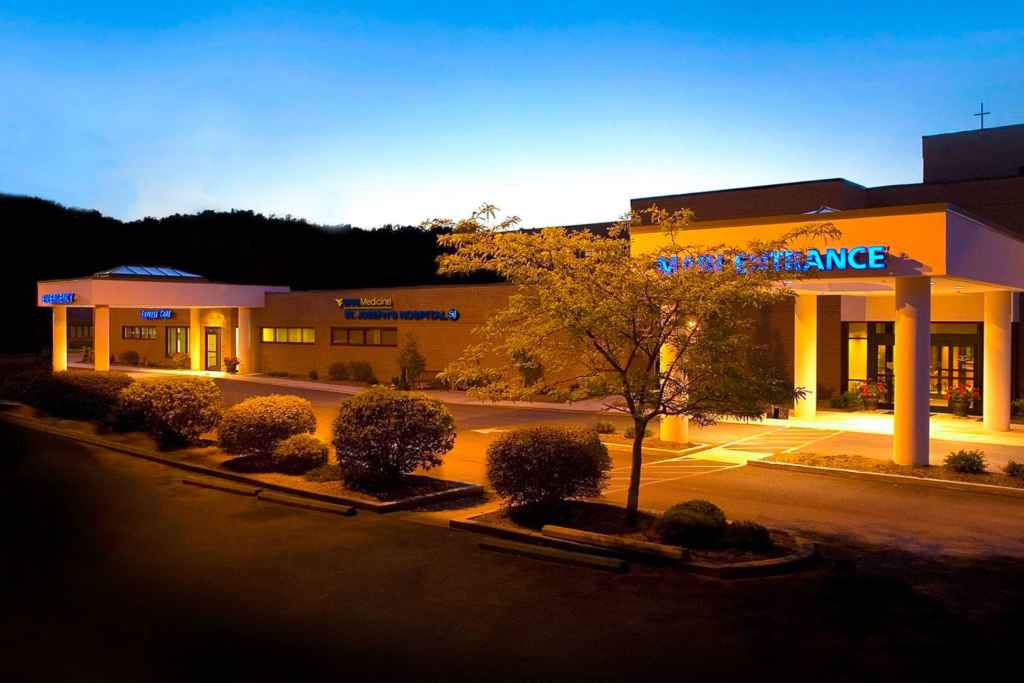BUCKHANNON, WV – WVU Medicine St. Joseph’s Hospital recognizes Malnutrition Awareness Week September 18 through the 22. This week is an international effort to increase the awareness, diagnosis, and treatment of malnutrition in patients. It is an annual, multi-organizational campaign created by the American Society for Parenteral and Enteral Nutrition (ASPEN) to focus on nutrition as a patient right and nutrition’s vital role in health and recovery.
Malnutrition, when unrecognized and untreated, results in longer hospital stays for patients, twice the need for rehab or long-term care, and a 3.4 times higher rate of hospital deaths. In addition to its human toll, malnutrition raises hospital costs by 73% and can cost an additional $10,000 in hospital readmission stays.1
While older adults are particularly susceptible to malnutrition, others at risk include people with infections; those with long-term health conditions including kidney disease, diabetes, and lung disease; and people with cancer, dementia, and other chronic conditions.2
It is important to know the signs and symptoms of malnutrition. If you or your loved one is experiencing any of these, talk to your healthcare provider: unplanned weight loss; loss of appetite; not able to eat or only able to eat small amounts; feeling weak or tired; swelling or fluid accumulation.
For more information, visit www.nutritioncare.org/MAW.
1. Guenter P, Abdelhadi R, Anthony P, et al. Malnutrition diagnoses and associated outcomes in hospitalized patients: United States, 2018. Nutr Clin Pract. 2021 Oct;36(5):957-969.
2. Tappenden KA, Quatrara B, Parkhurst ML, et al. Critical role of nutrition in improving quality of care: an interdisciplinary call to action to address adult hospital malnutrition. JPEN J Parenter Enteral Nutr. 2013;37(4):482-497.
For more information on WVU Medicine St. Joseph’s Hospital, visit www.stj.net.












